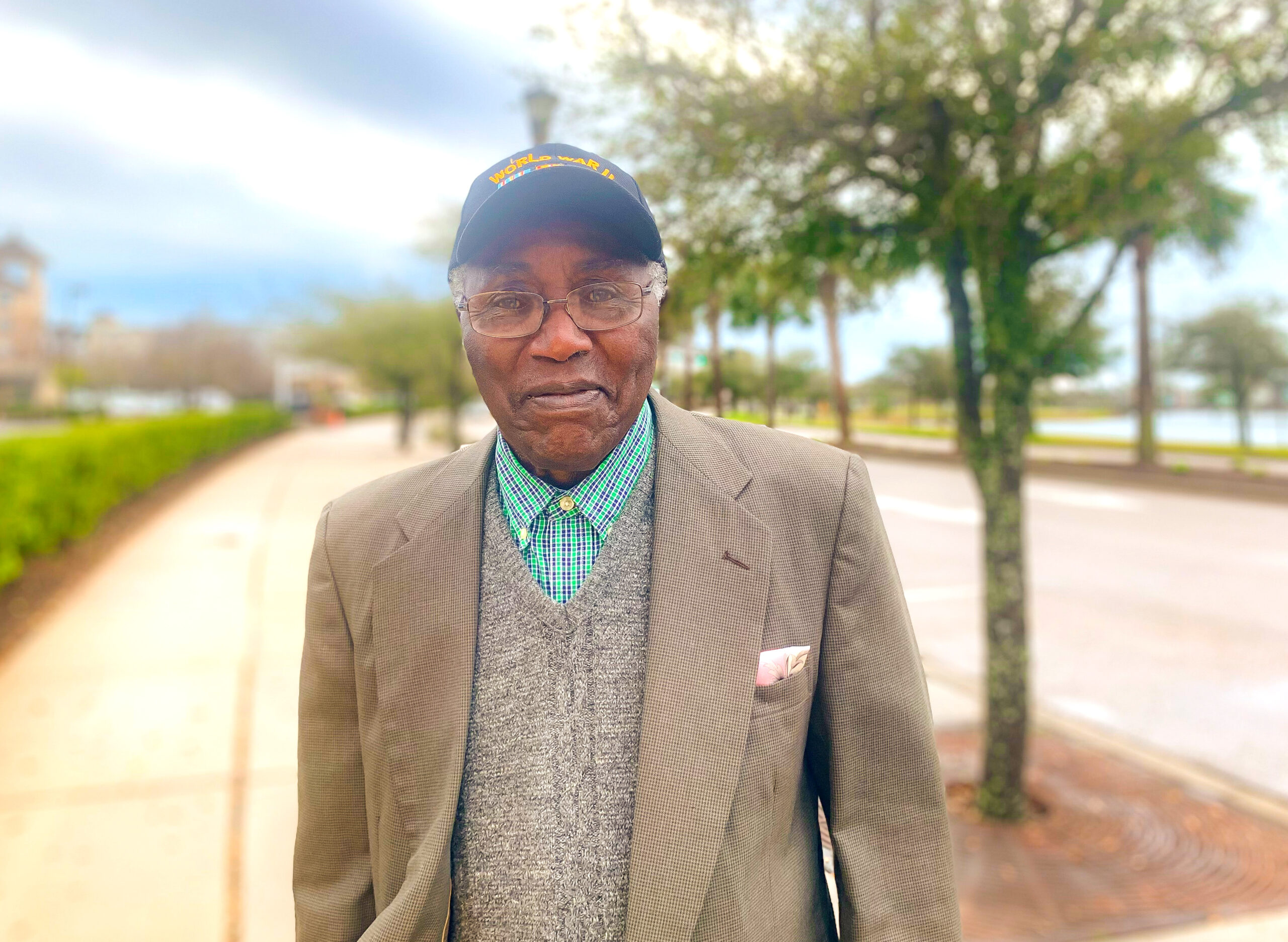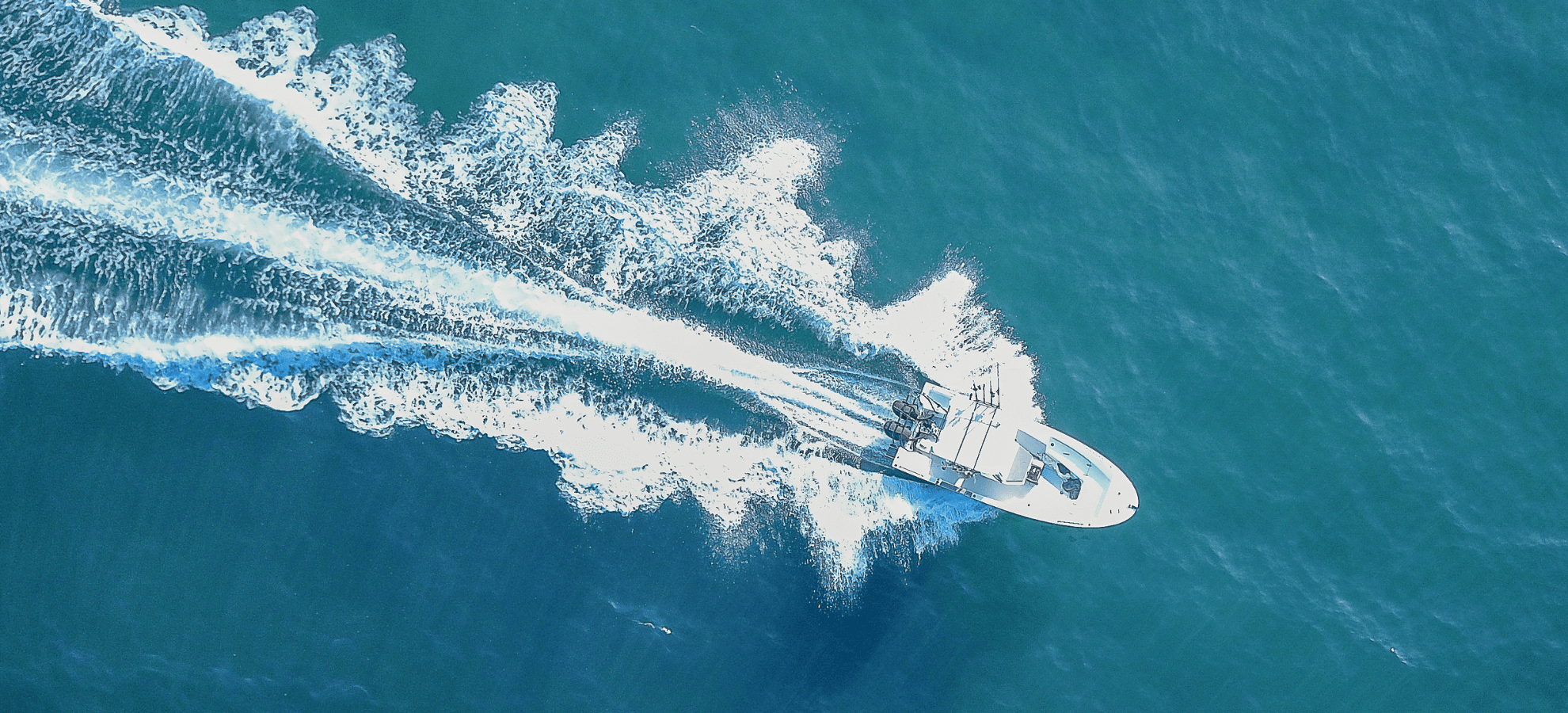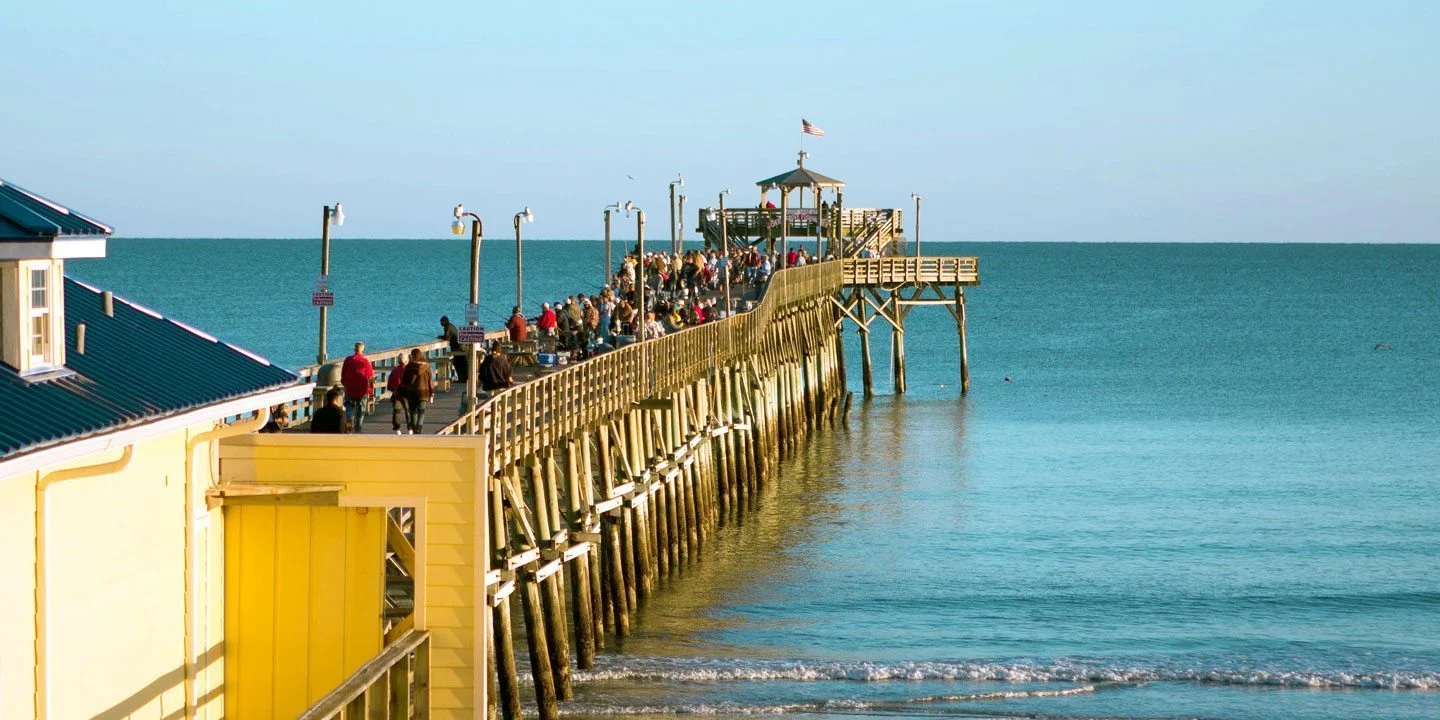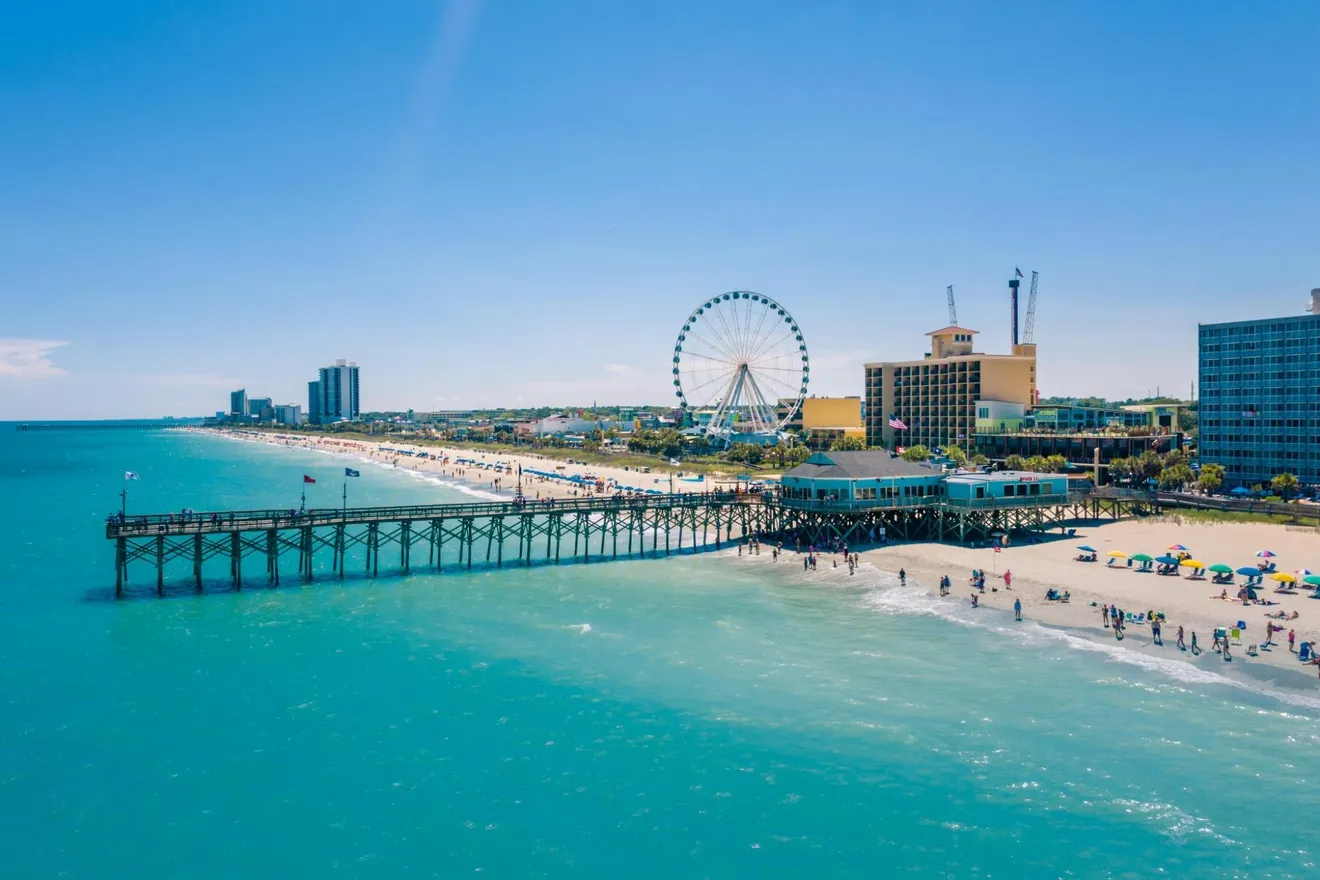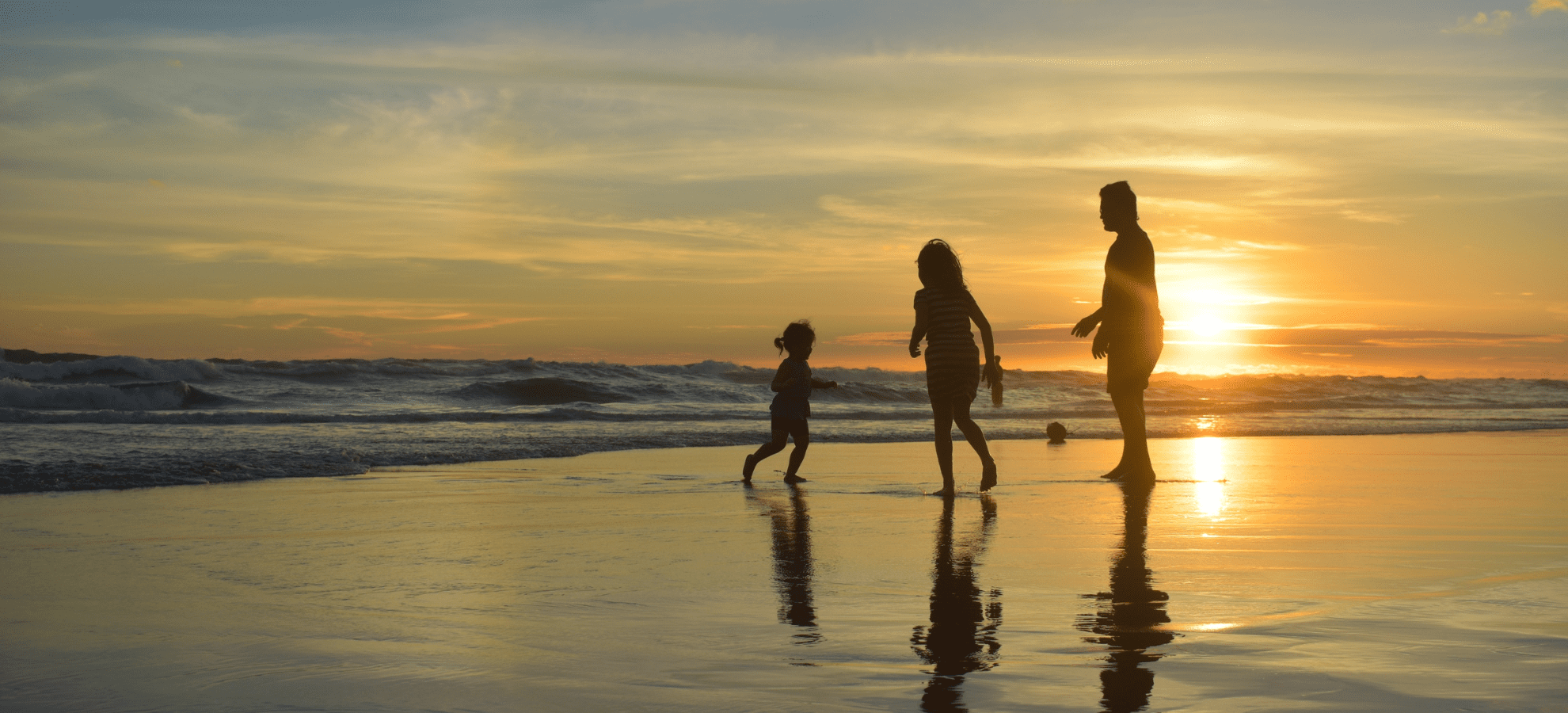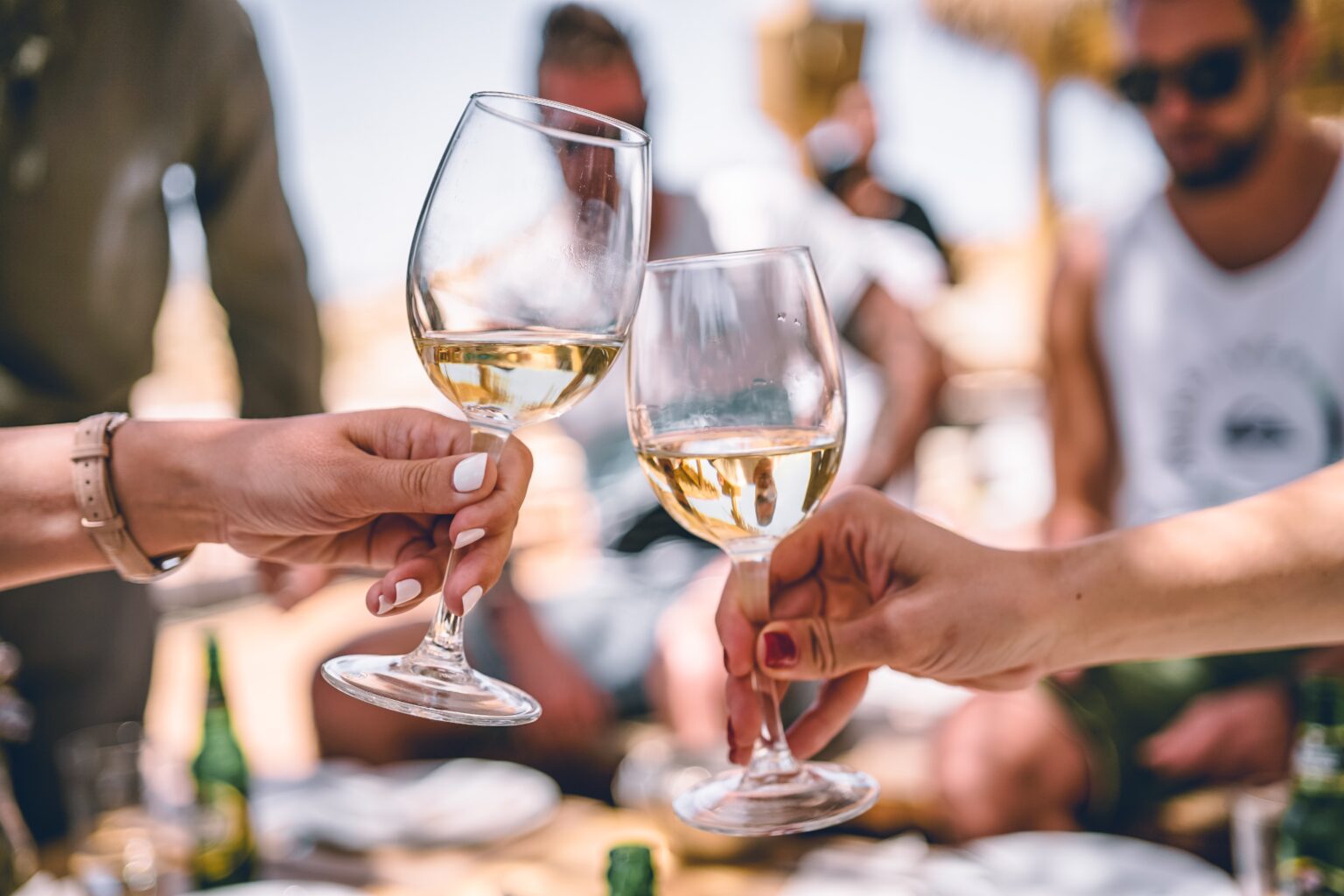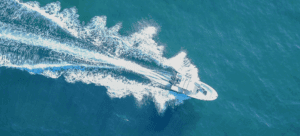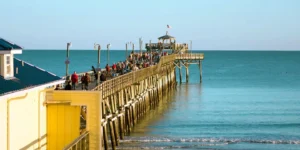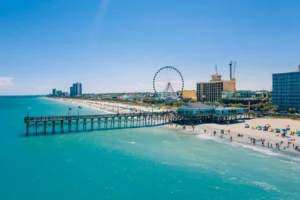WWII Navy Veteran and Retired Pastor
Celebrate Our Veteran gives voice to the stories of the U.S. military veterans living amongst us. The actions of these brave and dedicated people, who have served our country both in active military duty as well as administrative positions, have and continue to contribute to the protection and preservation of us and our country.
We hope that this section of our paper is an opportunity for our community to hear and see veterans with new eyes, and for veterans to receive recognition and honor for their experiences and life journeys.
This month’s Celebrate Our Veteran recounts the story of Samuel Green as told in his own words.
by Melissa LaScaleia
“I was born on July 8, 1925, in Georgetown, South Carolina. I was raised in a religious home, and we went to Bethesda Missionary Baptist Church.
My father’s name was Engle Green and my mother’s name was Lena Ward. I’m the first boy in the family; there were seven girls and eight boys. I’m the third oldest.
My dad took me to church on a bicycle. I was a little one. When I began walking, my dad was still riding me on the bicycle. Later he bought a Ford Model T car. My dad was a truck farmer; he had a large farm. He took me with him most everywhere he went. When I was big enough to work, he taught me how to plow with a mule, and I would help him with the cows and chickens. We had hogs too. On the farm, we grew green corn, butter beans, string beans, okra, and watermelons. Everything that grows on a farm— we had. My mother took care of the house and the family.
I went to school for twelve years. My principal was Dr. J. B. Beck. I graduated from Howard High School in 1943. One day, I came home and my mother was sitting on the front porch crying. She had a letter in her hand. I asked her why she was crying and she just handed me the letter. I told her not to cry. I knew what it was, and I just folded it and put it in my pocket. It was a draft letter for the military.
I didn’t volunteer, to fight in World War II. There were five of us from that area who were drafted. We all went together on the bus to go to Columbia, South Carolina to get a physical. I passed the examination, and was sent into the Navy.
I was shipped off to Chicago, Illinois; that’s where I did all of my training. When we were at the base in the Great Lakes, we went out on a boat and paddled up the Illinois River as part of our training. There were eight of us. Each of us had to paddle, four on each side. And if you couldn’t swim, they taught you how to swim. They taught us how to dive too. I don’t know what happened, but later on, they stopped doing that training in swimming, which to me seemed essential.
In December of that same year, a man from the local post office came over to our barracks. He was looking for recent graduates of basic training to help out in the post office during the Christmas season. So I worked in the post office for two weeks.
Then they put us on the USS Edwards DD619 from San Diego and sent us to the South Pacific. We were headed to Tulagi Island, a small island in the Solomon Islands. It took us 31 days to get there. From San Diego, we went on to cross the equator. It was an amazing experience. The equator is where it switches from day to night and night to day. When we crossed the equator, it was dead of night. And right after we crossed it, it didn’t take long before we saw day break.
The ship could only go so far. Then landing craft came out to pick us up and take us to the island. The landing craft can run the bow right up to the shore so you can unload. And I had the opportunity to work that same job, with landing craft, while I was stationed on Tulagi. The unit that got off that ship was unit 66; that was my unit.
In that area, at that time, there was nothing there but a base that had been bombed, and we had been sent there to help clean up from the bombing and rebuild the barracks. I spent about two years in Tulagi. There are a lot of trees, many of them fruit trees. There was talk of snipers on the island, but we didn’t run into anything. We were really lucky.
My first job was to work with the crew to help clean up the island and rebuild. It wasn’t an easy thing to do. Our crew and others went in and put up buildings, like barracks, in different places.
I was also a motor pool director. I used to help with the boats— when the landing craft came in and went back out. I directed the landing craft, and kept them in order, fueled and maintained, things like that.
We used to get around $40 a month when we were in the service.
We were not allowed to write a letter and put anything in it that was happening where we were. Say somebody got killed, you couldn’t write that in a letter. It would be censored. And to mail it, we didn’t put a stamp on it, you just wrote in the corner where the stamp would usually go the word, “FREE.”
When peace was declared in 1945, I was in Tulagi. And all of us shipped out a few days afterwards. We sailed to Pearl Harbor and met President Roosevelt. He came onboard our ship and talked to all of us, telling us what he was going to do for us. He spoke about the war days, and said that now that the war was over, we didn’t have anything to worry about because our medical costs and medicines would be taken care of and paid for. A lot of the veterans programs were built under him.
I was released in 1946 on the point system. I went back to California from Pearl Harbor; and from there to Chicago; and from there to the Navy Base in Charleston. From there I took a bus back home.
It looked like a new day when I got home; full of new places. I was drafted at the age of eighteen, and didn’t come home until I was twenty-one. I was in the service when some of my brothers and sisters were born.
Afterwards, I attended ANT College in Greensboro, North Carolina under the GI Bill; now it’s a university. I studied business administration. Then I came back home and was working with Mutual Life Insurance Company out of North Carolina. Then, I started teaching school a little bit. I entered theological school at Morris College in Sumter, South Carolina, and went on to be a pastor for the next sixty-two years.
I lived in Florida for some time, as well as Maryland. But I call Georgetown, South Carolina my home. That’s where I live today.”






